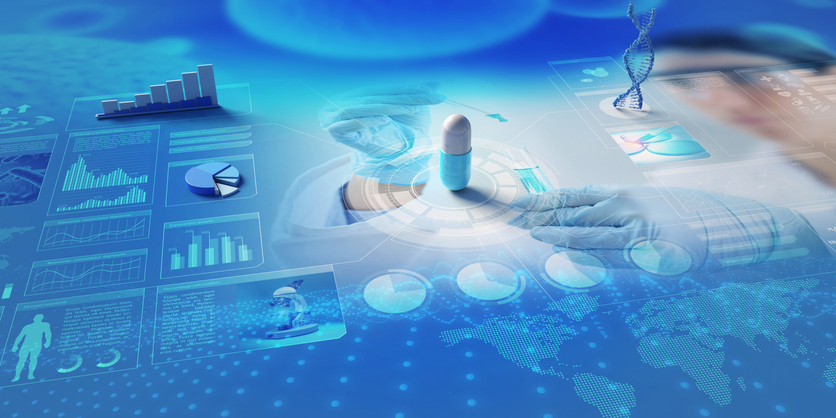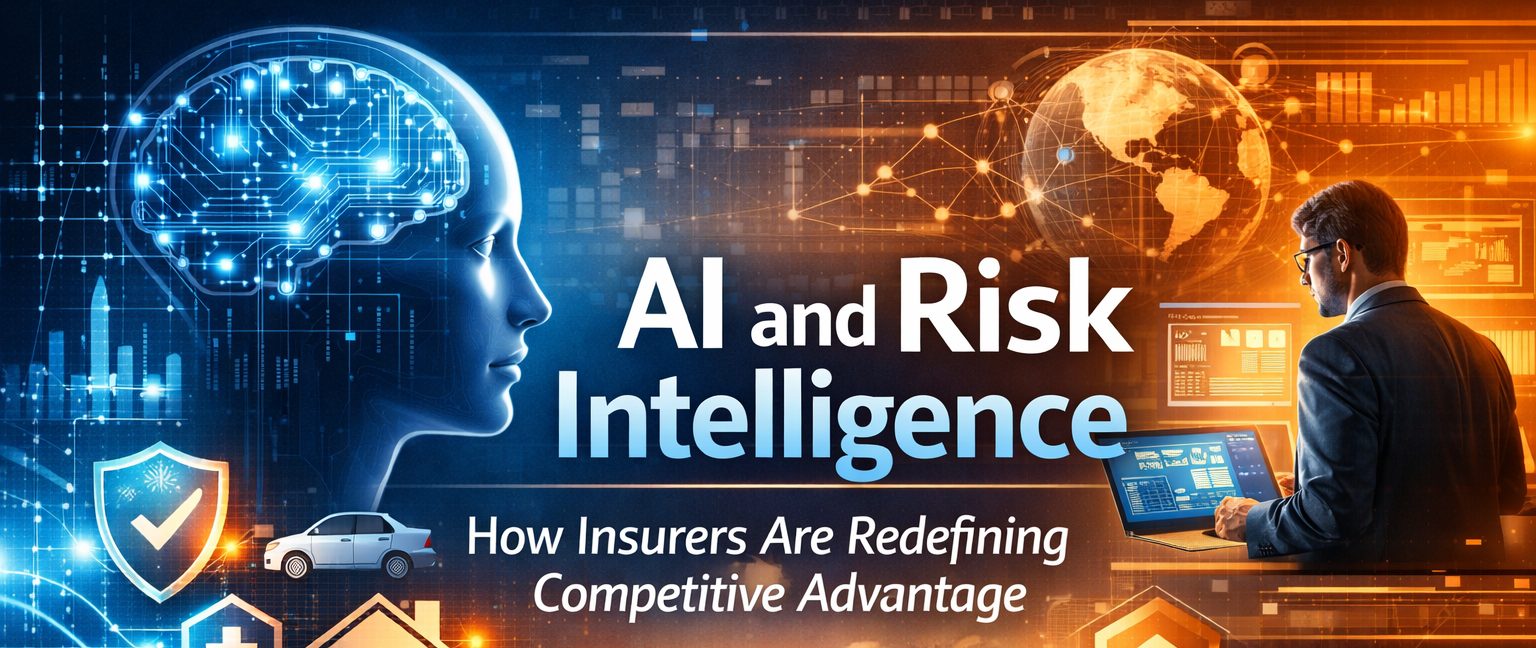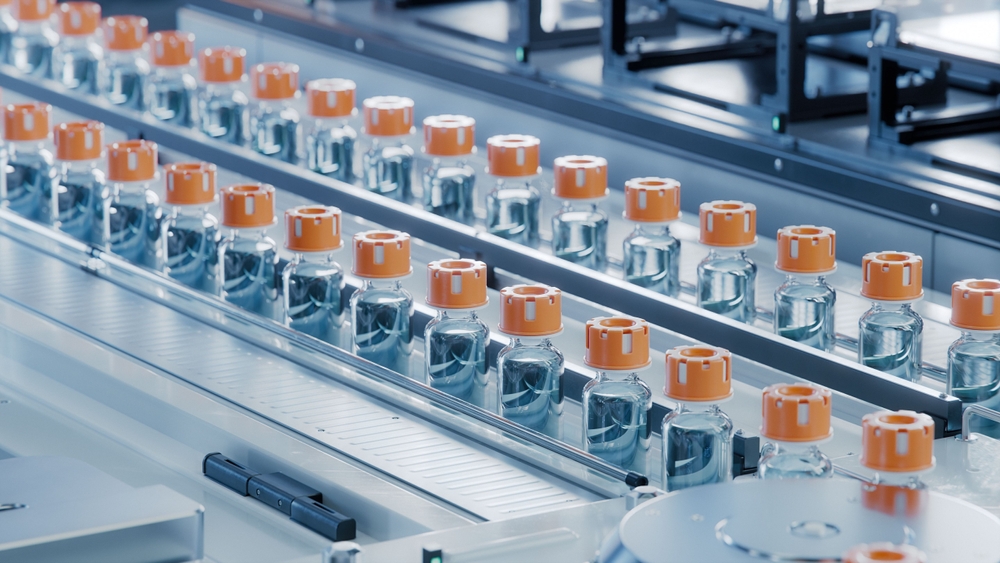The pharmaceutical industry is at the forefront of innovation, and its conferences must keep pace. As we approach 2025, Pharma Conference Trends are evolving rapidly, driven by AI-powered personalization, immersive technologies, and data-driven engagement strategies. No longer just large-scale gatherings, pharma events are becoming dynamic ecosystems that foster year-round knowledge exchange, strategic networking, and measurable ROI for exhibitors and sponsors.
From AI-curated attendee journeys to RFID-powered networking insights and Mixed Reality (MR) scientific showcases, the next wave of event technology is transforming how pharma companies interact with healthcare professionals (HCPs), researchers, and decision-makers. In this blog, we’ll explore the most impactful pharma conference trends shaping 2025, with real-world examples and actionable takeaways to help you stay ahead.
1. AI-Powered Hyper-Personalization: Beyond Generic Attendee Journeys
Key Insight
Pharma events are shifting towards AI-driven hyper-personalization, where attendee experiences are tailored based on professional interests, engagement history, and behavioral data.
Example
Consider a leading global pharma company hosting a medical congress. Instead of offering a static agenda, AI-driven recommendation engines curate personalized itineraries based on attendee profiles. A regulatory affairs professional sees sessions on compliance updates, while a biotech investor receives curated startup pitch events.
Why It Matters
- Enhances attendee engagement by reducing irrelevant content.
- Increases session participation by aligning with professional needs.
- Provides exhibitors with precise audience segmentation.
Takeaway
Leverage AI-driven event platforms that analyze attendee interactions to recommend sessions, booths, and networking opportunities in real time.
2. Immersive Engagement: Mixed Reality (MR) in Medical Showcases
Key Insight
Mixed Reality (MR) is moving beyond novelty to become a core engagement tool at pharma events. MR allows HCPs (healthcare professionals), researchers, and key decision-makers to visualize complex medical concepts in an interactive format.
Example
At the 2024 American Society of Clinical Oncology (ASCO) conference, a major oncology firm used MR headsets to let oncologists explore 3D tumor models, interact with drug mechanisms, and simulate patient responses to treatment in a virtual environment. This drastically improved understanding compared to traditional booth demonstrations.
Why It Matters
- Allows pharma companies to demonstrate complex drug mechanisms more effectively.
- Reduces reliance on static brochures and 2D presentations.
- Improves knowledge retention and engagement among HCPs.
Takeaway
Pharma brands should invest in MR-powered interactive booths for 2025 conferences to make scientific data more accessible and engaging.
3. Data-Driven Networking: Smart Badge & RFID Tracking
Key Insight
Pharma conferences are notoriously difficult for exhibitors to measure ROI. Smart badges and RFID (Radio-Frequency Identification) tracking are changing that by providing real-time data on attendee interactions.
Example
At CPhI Worldwide 2024, exhibitors used RFID-enabled badges to track booth traffic patterns. They could see which sessions their key prospects attended, how long they spent at their booth, and which materials they engaged with—allowing sales teams to follow up with highly relevant content.
Why It Matters
- Helps exhibitors measure booth effectiveness beyond foot traffic.
- Enables pharma sales teams to prioritize high-intent leads.
- Offers real-time insights into attendee preferences.
Takeaway
Pharma event teams should integrate RFID tracking to optimize booth design and personalize follow-up strategies based on visitor engagement data.
4. Virtual and Hybrid Models Evolve: The Era of “Persistent Conferences”
Key Insight
Hybrid events have become standard, but the next phase is Persistent Conferences—where event platforms remain active year-round, providing continuous engagement rather than a single touchpoint.
Example
EULAR (European Alliance of Associations for Rheumatology) transitioned to a hybrid format in 2024. Instead of shutting down post-event, they transformed their conference portal into an ongoing knowledge hub, featuring AI-curated session replays, ongoing discussions, and follow-up networking opportunities.
Why It Matters
- Extends the event lifecycle, increasing long-term engagement.
- Helps pharma companies engage HCPs continuously rather than in a one-off setting.
- Provides new revenue streams through subscription-based content access.
Takeaway
Pharma event organizers should invest in persistent platforms to maintain engagement beyond the conference dates, offering value year-round.
5. Compliance-Driven Event Analytics: Real-Time Regulatory Monitoring
Key Insight
With increased scrutiny on pharma’s interactions with HCPs, real-time compliance monitoring is becoming crucial for event tech platforms.
Example
A top-10 pharma company leveraged AI-powered compliance tools at a European cardiology congress in 2024. The system automatically flagged potential Sunshine Act and GDPR violations, ensuring all interactions and transactions met regulatory standards.
Why It Matters
- Prevents compliance risks that could lead to hefty fines.
- Ensures transparency in interactions between pharma companies and HCPs.
- Builds trust with regulators and stakeholders.
Takeaway
Pharma event teams should integrate real-time compliance monitoring tools to ensure regulatory adherence and mitigate risk at conferences.
Final Thoughts: Pharma Event Tech in 2025 is Data-Driven, Immersive, and Personalized
The Pharma Conference Trends for 2025 point to a future driven by smarter engagement, deeper data insights, and immersive experiences. From AI-powered personalization and MR-driven scientific visualization to RFID-based networking and persistent hybrid models, event technology is moving beyond traditional formats to create high-impact, data-driven experiences.
Actionable Steps for Pharma Marketers & Event Teams:
✅ Invest in AI-powered personalization to maximize engagement.
✅ Utilize MR and interactive experiences to showcase complex data.
✅ Leverage RFID and smart badges to track and analyze attendee behavior.
✅ Extend the event lifecycle with persistent hybrid platforms.
✅ Implement real-time compliance monitoring to avoid regulatory risks.
Drive Smarter Engagement with Cognition’s Key Account Intelligence for Pharma
Pharma event success isn’t just about attendance—it’s about meaningful connections, informed decision-making, and measurable outcomes. Cognition’s Analytics-driven Lead Generation and Qualification Solutions help pharma companies analyze conference interactions, identify high-value prospects, and optimize engagement strategies.
Want to improve your pharma event ROI in 2025? Contact Us to see how Cognition can power your Pharma events with effective intelligence and insights.






 Hi, This is Emma. Let’s get the conversation started!
Hi, This is Emma. Let’s get the conversation started!